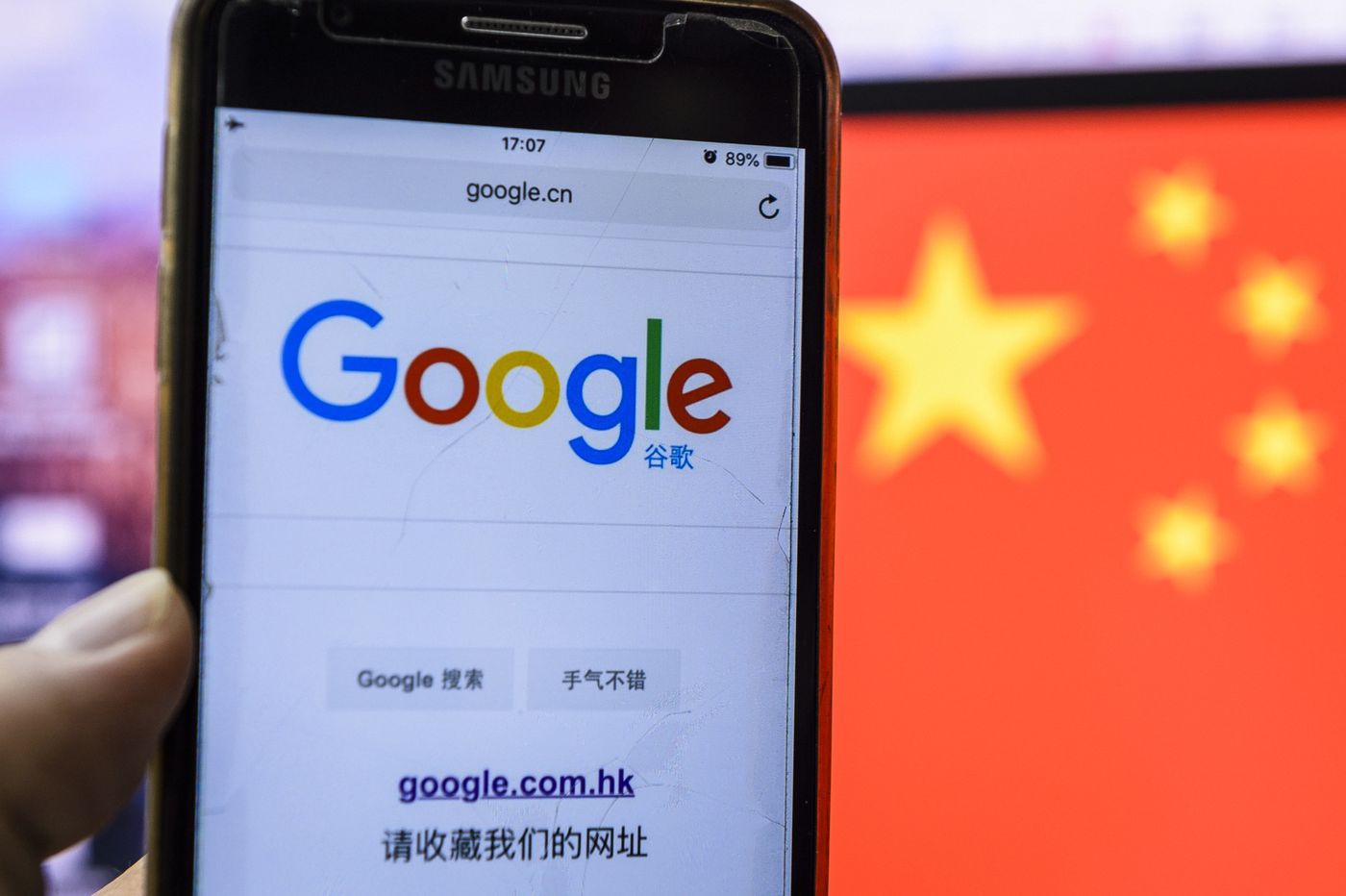Why are people so concerned about Google’s Project Dragonfly? Up until a few days ago, if someone had asked me that question, I would have had no idea what in the world they were talking about. However, recently the enigmatic endeavor has occupied headline after headline in the news. But first, what even is Project Dragonfly?
On Aug. 1, The Intercept’s Ryan Gallagher reported that Google is planning to launch a censored search engine in China, under the codename “Dragonfly.” According to those familiar with the project and the leaked internal Google documents, the project began in spring 2017 and gained more traction after an important Chinese government official met with Google CEO Sundar Pichai.
At the time of the August Intercept article, Google had already made a custom censored Android search app and demonstrated it to the Chinese government. According to Intercept, “The finalized version could be launched in the next six to nine months, pending approval from Chinese officials.” This directly contradicts Google’s response to the leak. “We’ve been investing for many years to help Chinese users,” a spokesperson said, “from developing Android, through mobile apps such as Google Translate and Files Go and our developer tools. But our work on search has been exploratory, and we are not close to launching a search product in China.”
The censored search app is intended to automatically filter websites such as BBC and Wikipedia that are blocked by China’s “Great Firewall,” which Xi Jinping’s Communist Party uses to enforce their strict censorship laws that cover areas including free speech, news, political dissidence and even academic studies.
According to the leaked documents and sources, it would “blacklist sensitive queries” as well, so “no results will be shown” when people search specific words or phrases; entries such as “human rights,” “student protest” and “Nobel Prize” would be amongst those blacklisted. The Chinese government would also be able to easily access people’s search records, posing significant danger to those the government systematically targets, such as journalists, activists and political opponents.
The incentive behind Project Dragonfly is the current ban of Google’s search engine by the Great Firewall. Given that China has a population of 1.3 billion and the largest number of internet users in the world, it is no wonder Google wants to capitalize on their market.
But Project Dragonfly becomes even more alarming in light of both Google’s actions in 2010 and its original moral compass. Google actually came to China in 2006 with censored search results, intending to be a positive influence by at least informing the Chinese public when their results were filtered to help educate them on government censorship. However, in 2010 Google left China in protest to the Chinese government’s increased censorship and threats of cyber attacks. Enough was enough, and Google vowed to no longer censor its search results, seemingly upholding its unofficial motto, “Don’t be evil,” by sacrificing revenue for moral integrity.
Google also adopted principles surrounding their technology and human rights after the controversy around the Pentagon AI contract, Project Maven. These principles state that Google will not develop AI technology that, amongst other things, provides surveillance that opposes international norms or infringes on human rights or international law.
It is no surprise then that the mega-company kept Project Dragonfly under wraps, considering it would facilitate the violation of free speech, a human right as declared in the Universal Declaration of Human Rights (UDHR) by the United Nations (UN). Only a few hundred Google employees out of its 88,000 workforce were aware of the project at all. The company was very afraid of internal leaks, often communicating about the project solely on a verbal basis, not even taking written notes to reduce the paper trail further. According to a current Google employee interviewed by The Intercept, “[Leadership] were determined to prevent leaks about Dragonfly from spreading through the company. Their biggest fear was that internal opposition would slow our operations.”
Out of the four sources that have disclosed information to The Intercept about Project Dragonfly, three did so anonymously because of Google’s strict non-disclosure restrictions. The fourth is Yonatan Zunger, a 14-year Google veteran who left the company in 2017. Brought in at the early stages, he pointed out to executives that the Chinese public could be interrogated or even detained if they used Google to find information the government had banned. The Intercept’s sources all cited moral and ethical concerns about the project and its lack of public scrutiny as reasons for coming forward, even if it had to be anonymously.
Normal procedure was not followed with Project Dragonfly either. The initiative bypassed the standard practice every new product or service developed by Google undergoes, which typically involves getting reviewed by legal, privacy and security teams before launch. Executives seemed focused on diluting the privacy review rather than truly investigating the ramifications a censored search app planned with the Chinese government could have.
Google employees, however, are not having it. Over a thousand signed an internal petition in August to end Project Dragonfly. Hundreds more have signed an open letter released on Medium on Nov. 25 that joins Amnesty International in demanding that Google immediately stops working on Project Dragonfly. “International human rights organizations and investigative reporters have also sounded the alarm,” the letter says, “emphasizing serious human rights concerns and repeatedly calling on Google to cancel the project.”
“Dragonfly in China would establish a dangerous precedent,” the authors write. “Our opposition to Dragonfly is not about China: we object to technologies that aid the powerful in oppressing the vulnerable, wherever they may be.”
The letter goes further, saying, “Many of us accepted employment at Google with the company’s values in mind, including its previous position on Chinese censorship and surveillance and an understanding that Google was a company willing to place its values above its profits. After a year of disappointments including Project Maven, Dragonfly and Google’s support for abusers, we no longer believe this is the case. This is why we’re taking a stand.”
The employees also have four specific demands in the letter as summarized by Alexia Fernandez Campbell in a Vox article:
“First, they want the company to create a structure to allow rank-and-file employees to review ethical issues in company projects. Second, they want the company to appoint an ombudsman [an official appointed to investigate individuals’ complaints against a company or organization] to oversee the ethics review process, with input from employees over who fills the position. Third, they want a plan to ensure Google is transparent with employees about the purpose of the technology the company is developing, so employees can make informed choices about the ethical implications of the work they do. Fourth, they want the company to publish ethical assessments of their projects, such as Dragonfly, and to communicate regularly with employees about issues of concern.
In addition to the open letter, there has been talk of a strike by Google employees as well. Liz Fong-Jones, an internal critic of Google who has vowed to quit next February if notable policy changes are not completed, made a Twitter thread asking coworkers to contribute to a strike fund. In only a few hours, employees had raised the $100,000 Fong-Jones asked for and offered to match.
https://twitter.com/lizthegrey/status/1068208484053856256
It is still unknown whether the increasing concern surrounding the human rights violations Project Dragonfly would perpetuate and the employee pushback will be enough to convince Google to abandon its venture. Hopefully in the coming days the company will realize if it wants to continue claiming to uphold its values before profits, it must put morals before money.
















